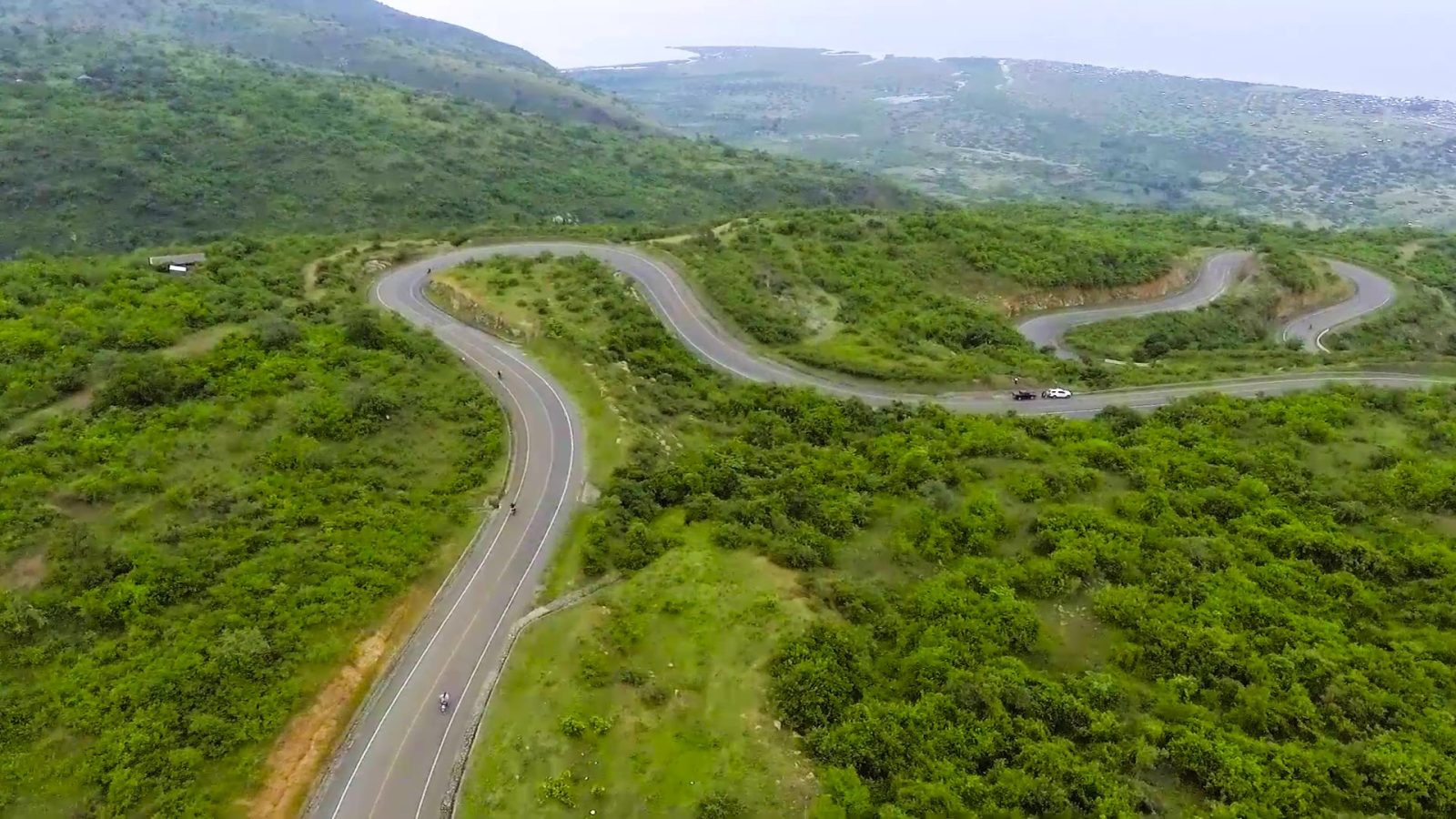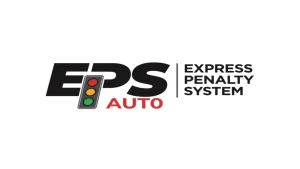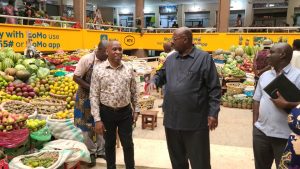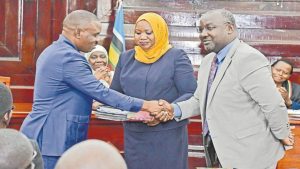Share
The Uganda National Roads Authority (UNRA) was founded by an Act of Parliament (The Uganda National Roads Authority Act 2006) in response to the Government’s road sector reforms, which aimed to commercialize road administration.
Prior to its establishment, the Ministry of Works and Transport was in charge of road construction.
UNRA began operations as an organization in July 2008 and has been in operation for 15 years. The institution is in charge of constructing, maintaining, and running the national road network, as well as advising the government on road policy matters and assisting in the coordination and implementation of road policies.
In accordance with the founding principles of UNRA, the UNRA Act of 2006 requires the organization to:
Provide its services in the most cost-effective, efficient, and effective way possible.
Manage its affairs in a businesslike and cost-effective manner, in accordance with modern management methods and procedures – in particular, apply the finest financial management and accounting standards to its operations.
Ensure that its operations are intended to provide the greatest services to its clients while remaining highly responsive to their needs.
According to its mandate, UNRA is responsible for developing and maintaining a safe and sustainable national road network for Uganda’s economic development.
This, as stated in the UNRA Act, means that UNRA is responsible for building and maintaining roads to the highest standards and at the lowest possible cost, without sacrificing the quality of its products and services, in order to ensure the safe transportation of all road users, goods, and services along the national road network. Furthermore, UNRA’s products and services contribute to economic development by lowering transportation costs, making the country’s investment climate more competitive. Furthermore, national roads will play a significant role in improving economic zone connections and spurring growth in critical industries such as tourism, agriculture, mining, oil and gas development, and trade and commerce.
Former Uganda Revenue Authority Commissioner General Allen Kagina was appointed UNRA’s executive director in April 2015. Her hiring occurred in the aftermath of claims of major corruption at UNRA, following the disclosure and investigations into the infamous Mukono-Katosi affair, in which the road agency lost over sh25 billion to crooks in a botched procurement procedure, implicating some of its managers.
President Yoweri Museveni also created a committee of inquiry to discover the dirt at UNRA, which would be chaired by Justice Catherine Bamugemereire.
Kagina began work on May 1, 2015, with her first task being to ride UNRA of the’mafia,’ but first she had to examine the team she found in situ. She then began a restructuring process, which required approximately 900 UNRA employees to reapply for their positions.
She also established a core team of workers to help ensure that only people who had been screened were accepted into the new UNRA, with the goal of combating the corruption and self-enrichment that had characterized past regimes.
The next hurdle for UNRA was to purge the organization of rogue contractors, which resulted in some contracts being cancelled or warnings being issued for failing to meet deadlines.
Under Kagina’s leadership, UNRA had the challenge of delivering around 600 kilometers in the Bunyoro region, primarily in the Albertine region in the districts of Hoima, Buliisa, and Masindi, where close to 70% of Uganda’s 6.5 billion barrels of oil are situated. They needed to relocate heavy equipment in order for the oil industry to reach the next production phase.
The UNRA budget has been increased under her tenure. It was sh398 billion in 2006 and was later boosted to a trillion shillings. It is currently valued at Sh4 trillion.
In 2021, the government published a list of agencies, commissions, and authorities that had been approved for mergers or disbandment, and UNRA was one of them. The decision was later overturned.
The Minister of Works and Transport chooses an executive director, who is responsible for the overall management of the organization, with the assistance of the directors who comprise the senior management team.
The senior management team is comprised of the top management team and the heads of departments, and is responsible for the day-to-day operations of the individual departments.
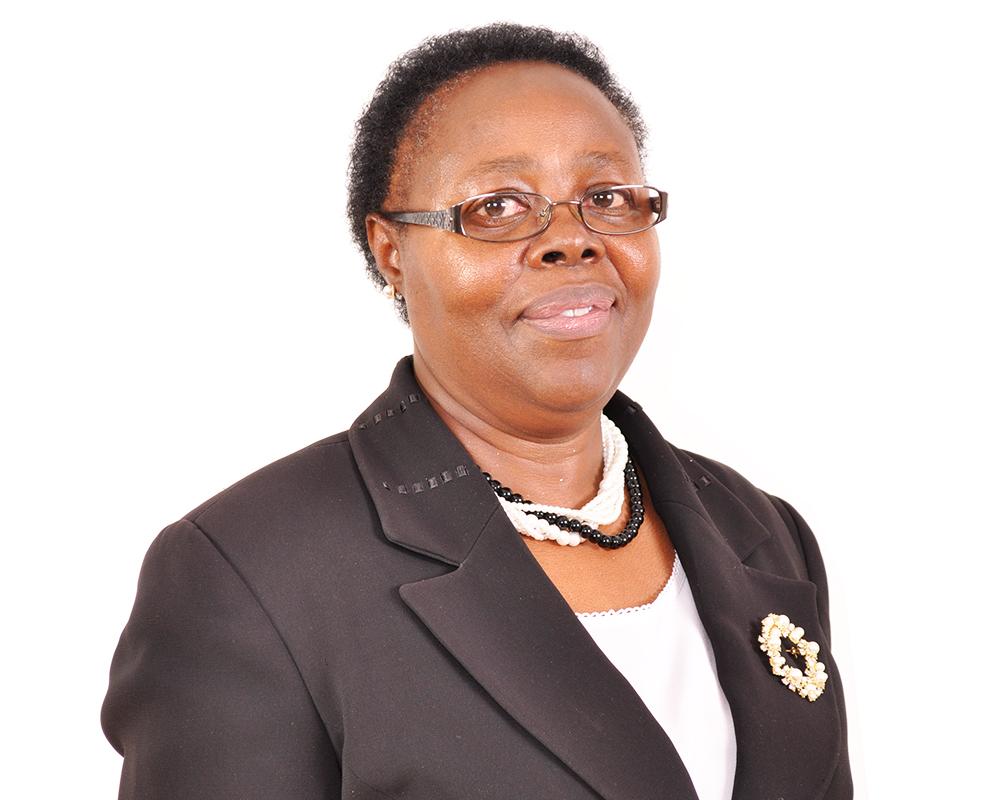

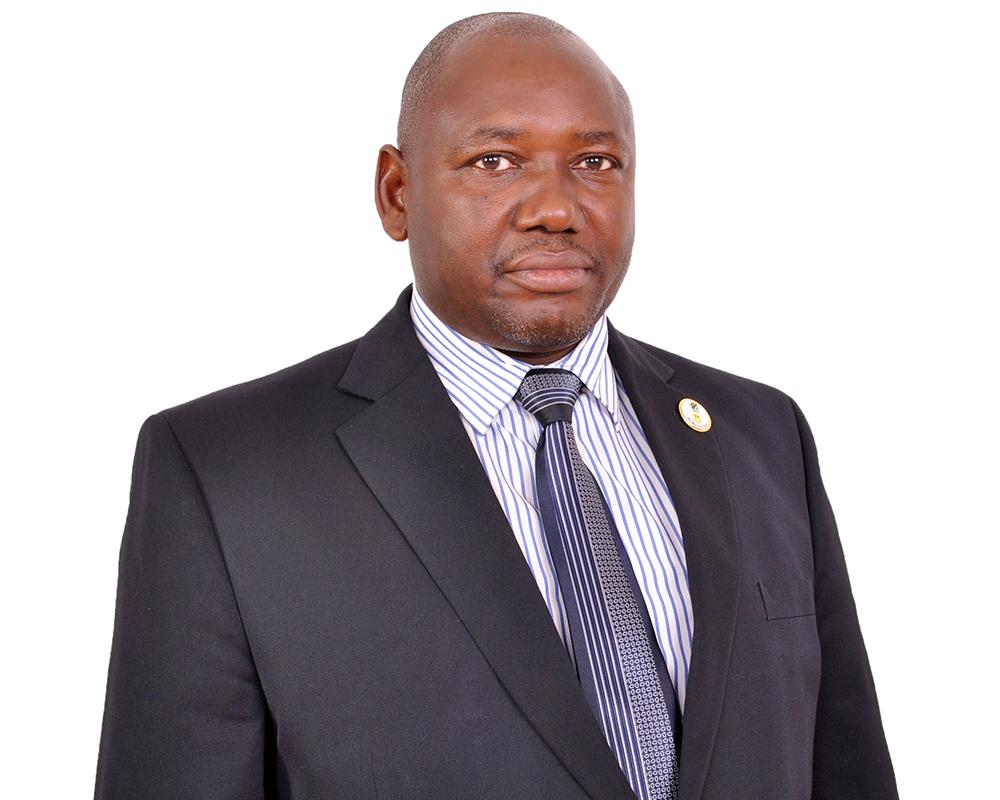
The operations of UNRA are divided into nine directorates and the Office of the Executive Director. They are as follows:
NETWORK PLANNING AND ENGINEERING DIRECTORATE
Eng. Isaac Wani is in charge of this. It is in charge of: Evaluation of the network: Taking a look at the road
network to determine the current and desired level of service, which informs decisions on network maintenance interventions and development needs.
Project formulation entails conducting feasibility studies in order to produce bankable projects, as well as evaluating business strategies and possibilities that can generate significant revenue for UNRA.
Engineering surveys are used to inform engineering designs, while environmental and social impact assessments are used to guide decision-making by identifying and addressing potentially major environmental, social, and economic hazards associated with projects.
Engineering road projects using appropriate standards and innovation to assure safety and value for money.
Furthermore, the directorate is in charge of assisting the quality assurance function during project implementation and research and development to ensure continual improvement.
ROADS AND BRIDGES DIRECTORATE
This is led by Eng. Samuel Muhoozi and is in charge of carrying out national road and bridge development programs. These are capital projects that include the construction of new roads and bridges, the upgrading of existing roads to higher standards, and the reconstruction or heavy rehabilitation of paved roads that have reached the end of their useful life. The designs and contract terms and conditions are used to carry out the projects.
The directorate primarily contracts with private construction businesses to supply its products. However, the directorate is also developing in-house capability to ensure that some small construction projects are carried out with the help of the in-house construction and supervision team. In order to do so, the directorate must acquire the right of way for all projects using the established land acquisition rules and protocols.
ROAD MAINTENANCE DIRECTORATE
It is led by Eng. Joseph Otim and is in charge of ensuring that the road network is fully operational to allow people and products to move, as well as that it satisfies the required service levels for condition (riding quality) and safety. This is accomplished by developing an effective maintenance program that includes timely routine and periodic maintenance of roads and bridges.
ROAD INFRASTRUCTURE PROTECTION DIRECTORATE
This directorate, led by John Bosco Ssejemba, is in charge of ensuring that the national road network is safe and fully functional, as well as that the road infrastructure is effectively safeguarded. All road assets, such as the road reserve, roadway, furniture, and bridge ferries, must always provide the requisite level of service to road users in a safe manner. This is accomplished by:
Public education and sensitization about the need of safe and responsible use of the road infrastructure that the government has put in place. This is designed to reduce incidents and accidents, make better use of road infrastructure, and eliminate vandalism or misuse of road assets (such as pavements, road furniture, and lighting).


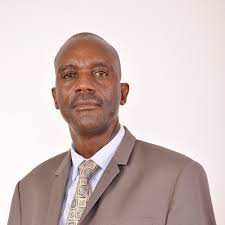
Axle Load Control is designed to reduce the deterioration of the road pavement caused by overloading. The activities are meant to:
Ensure that axle load and gross load limitations are followed across the road network. Ensure that vehicles, when loaded with cargo, adhere to vehicle dimensions limits, Management and protection of road reserves to prevent encroachment.
PROCUREMENT DIRECTORATE
The directorate is led by John Omeke and is in charge of the entity’s procurement and disposal of works, services, and goods. The accounting officer can discharge their fiduciary obligation for public resources through well-established laws, protocols, and processes.
The rigorous procurement procedures are meant to ensure that all possible providers are given equal opportunity, that the acquisitions are transparent, and that the output and outcomes provide value for money.
The directorate guarantees that the law and the requirements in the government’s covenants with its development partners are followed during the contract procurement process by putting in place and implementing suitable end-to-end Quality Assurance procedures.
THE LEGAL SERVICES DIRECTORATE
Mary Kutesa is in charge of this. UNRA is primarily a project-based organization that procures and leases the majority of its core supply, construction, and consulting services to third parties, primarily in the private sector. The relationship between the project and its providers is governed by regulations such as land acquisition, procurement, contract, and so on. The directorate provides legal or law-related services to the organization, such as legal opinions, due diligence, filing, and litigation, in order to avoid or reduce risks and maximize value to stakeholders.
HUMAN RESOURCES DIRECTORATE
Jennipher Kaggwa is in charge. UNRA recognizes the strategic relevance of human resources because the development of the organization is primarily dependent on human resources, which comprise human talent, technology, thinking, and knowledge.
The directorate is in charge of creating and implementing a talent acquisition, development, and retention framework. The directorate is also responsible for building, reinforcing, and modifying the organization’s culture, as well as promoting the organization’s values, all of which are critical components of business culture. The directorate plans and executes key duties such as recruit onboarding, training and development, performance management, and payroll management.
CORPORATE SERVICES DIRECTORATE
The directorate of corporate services, led by Edna Rugumayo, is in charge of assisting the organization’s business by offering resource management services. It offers financial management and control, ICT services, and logistical administration. This includes regular payment processing, budgeting and accounting, and the provision of management information to ensure the organization’s financial and legal viability.
UNRA STATIONS IN DISTINCT REGIONS
Although most activities are carried out at the headquarters, the country is separated into six regional areas for network management and administrative purposes: eastern, northern, north eastern, western, southern, western, and central Uganda, with a total of 23 stations.
Each regional area is managed by a regional manager, and each station is managed by a station manager, who is in charge of the direct planning, organization, and management of maintenance activities on the national road network.
The following stations are located in the central region: Kampala, Luwero, Masaka, Mpigi, and Mubende. Jinja, Mbale, and Tororo are located in Eastern Uganda. Northern has the following languages: Arua, Gulu, Kitgum, Lira, and Moyo.
Ibanda, Kabale, Kasese, and Mbarara are located in the southern-western region. The western zone includes Fort Portal, Hoima, and Masindi, while the north eastern region includes Soroti, Kotido, and Moroto.
